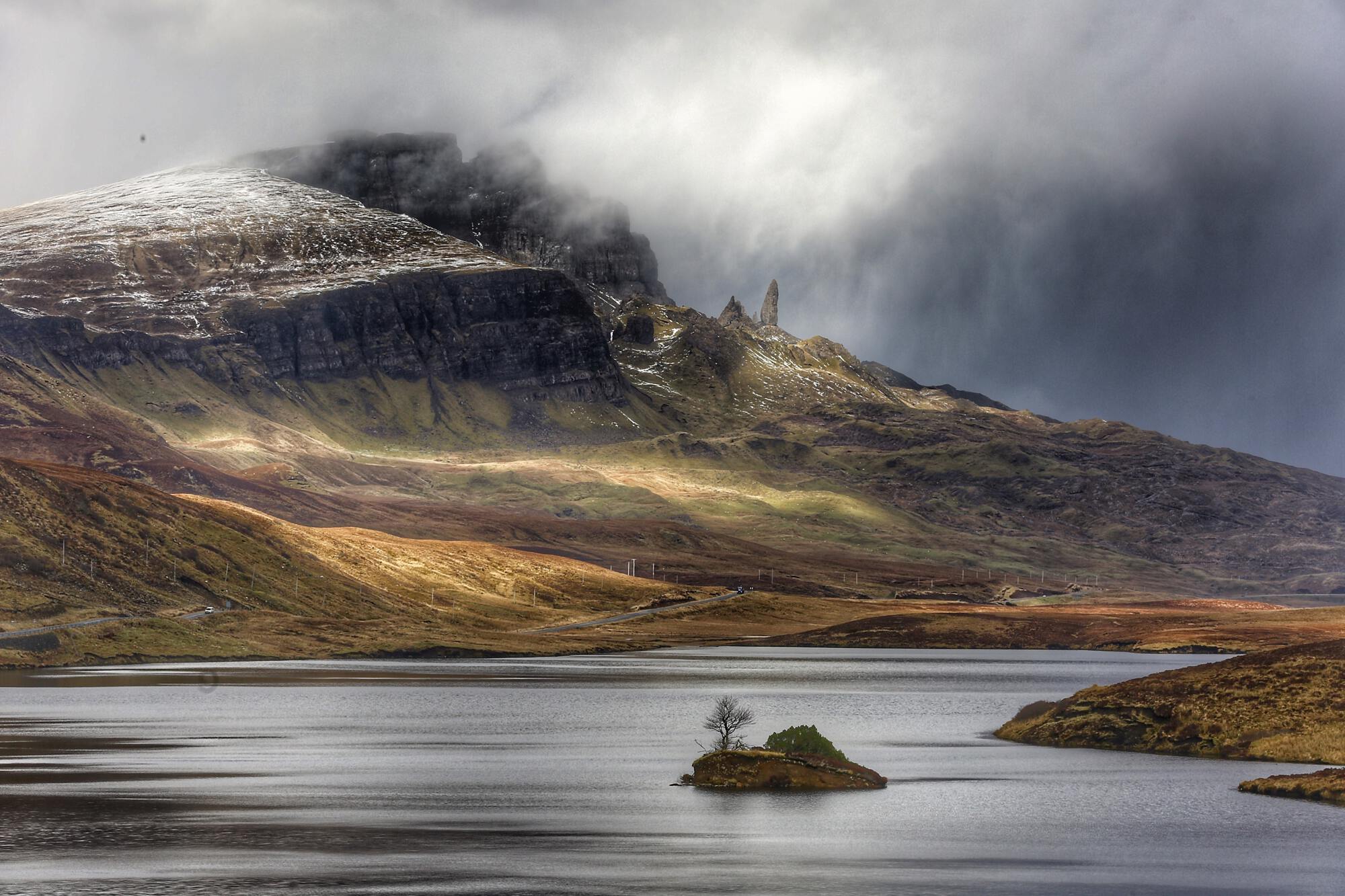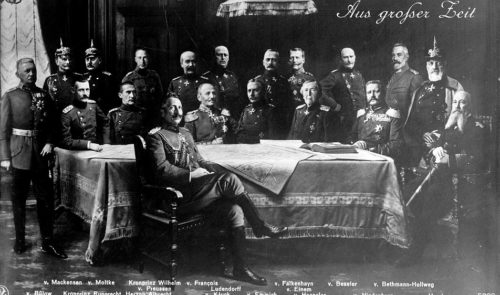
Robert Macfarlane’s books concerning deep time, mountains and the ‘geological imagination’ have become influential in discussions of ‘deep time awareness’ and geological cultures. They have also shaped public discourse around the Anthropocene, intergenerational and ecological justice, and environmental responsibility.
Macfarlane’s research stems from the preoccupation that the living world is in crisis, characterised globally by anthropogenic climate change, habitat loss, pollution and mass extinction. The crisis exists in part due to narratives of human mastery over the natural world, which treat it as passive ‘standing resource’. ‘Deep time’ refers to the immensities of geological time as it extends into the Earth’s past and future.
His research has inspired the public, landscape writers, policymakers, organisations and advocacy groups. It has contributed to the creative economy by means of bestselling books, television/radio, and a globally successful film.
His book Underland: A Deep Time Journey (2019) has been translated into nearly 30 languages. In 2019 it became a national bestseller in both the UK and the USA, won the Wainwright Prize for Nature Writing, and was reviewed/discussed in more than 200 print and broadcast venues worldwide.
Mountains of the Mind: A History of a Fascination (2003) was adapted into the film Mountain in 2017, with an international release by IMAX in 2018, premiering at Sydney Opera House before travelling with a live-score performance in Australia and New Zealand, and then substantial international release across Europe, Japan and North America.
His research has also resulted in substantial public interest in the Scottish writer Nan Shepherd (1889–1984), and this revival has challenged a heavily masculinised tradition of ‘mountain literature’ with a gender-balanced discourse.
“[Underland] made me finally become active in the fight against climate change.”
– Reader


